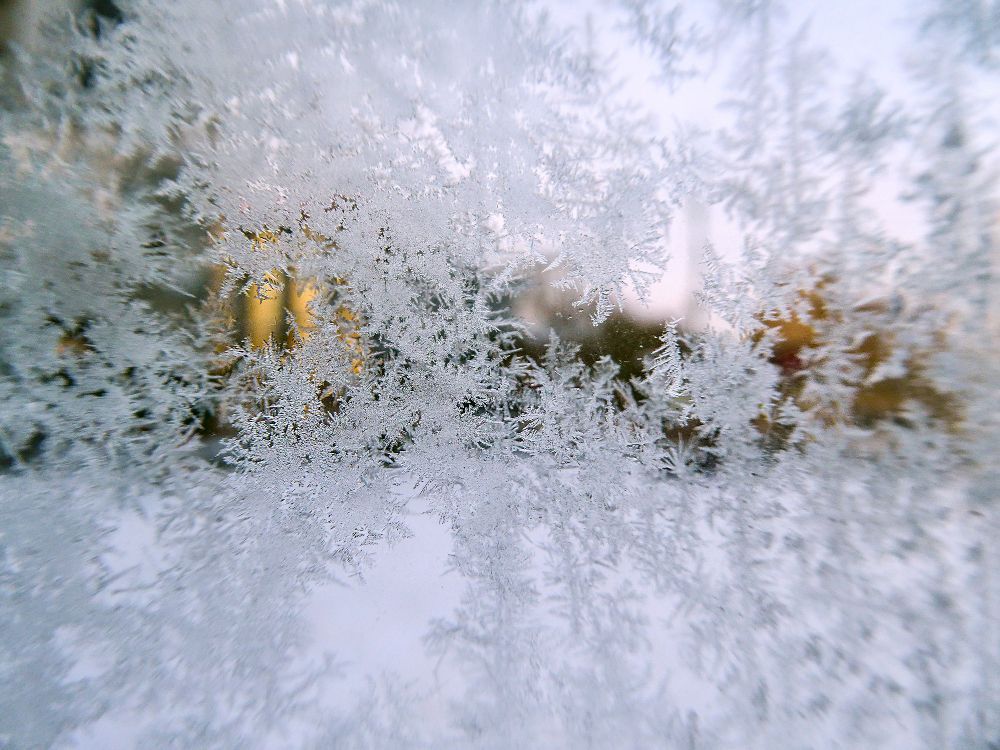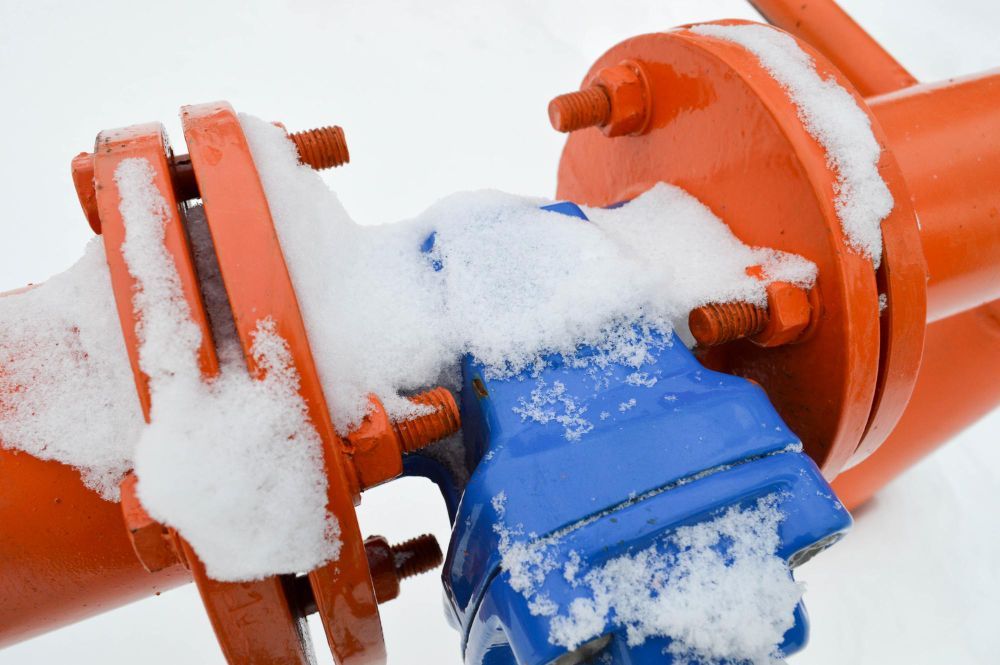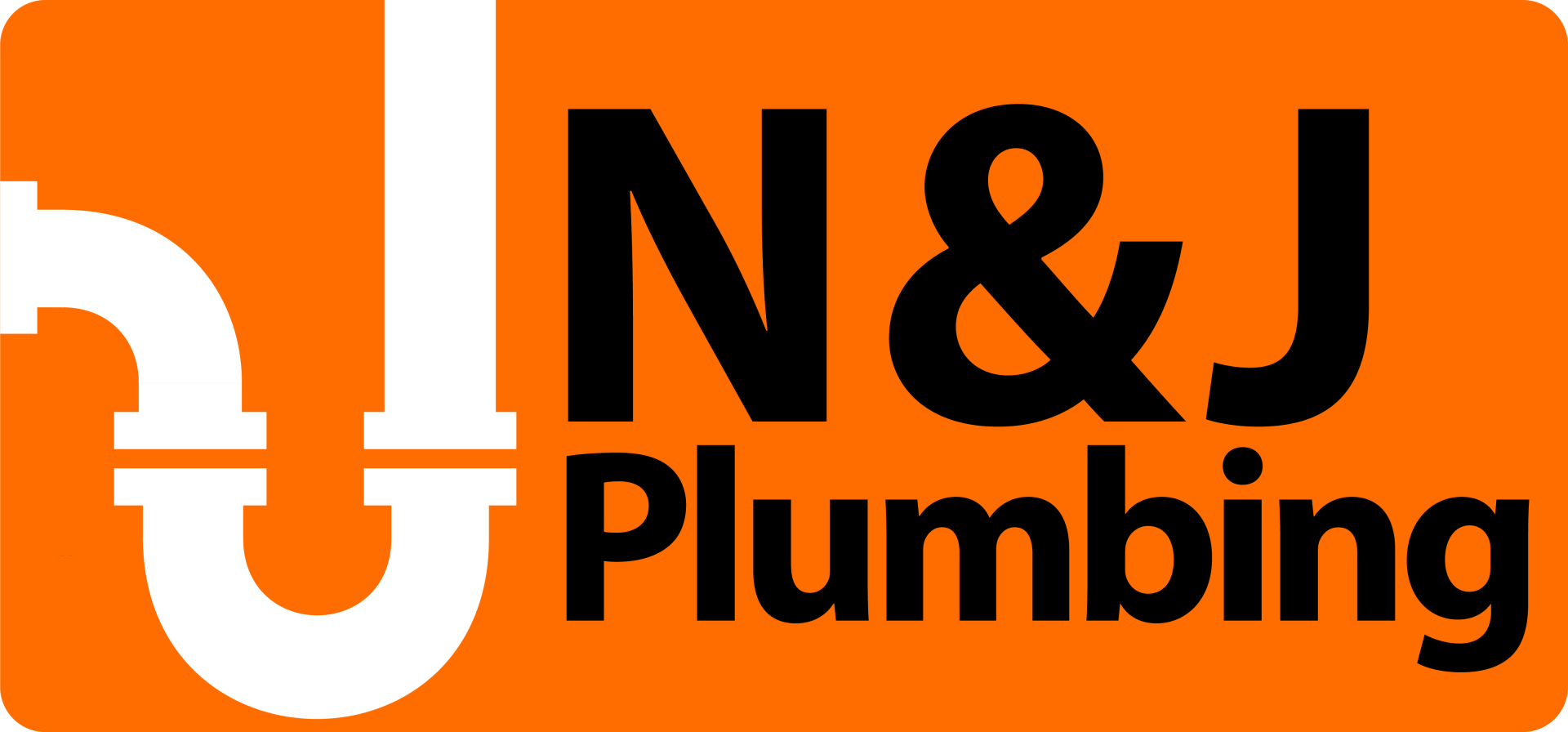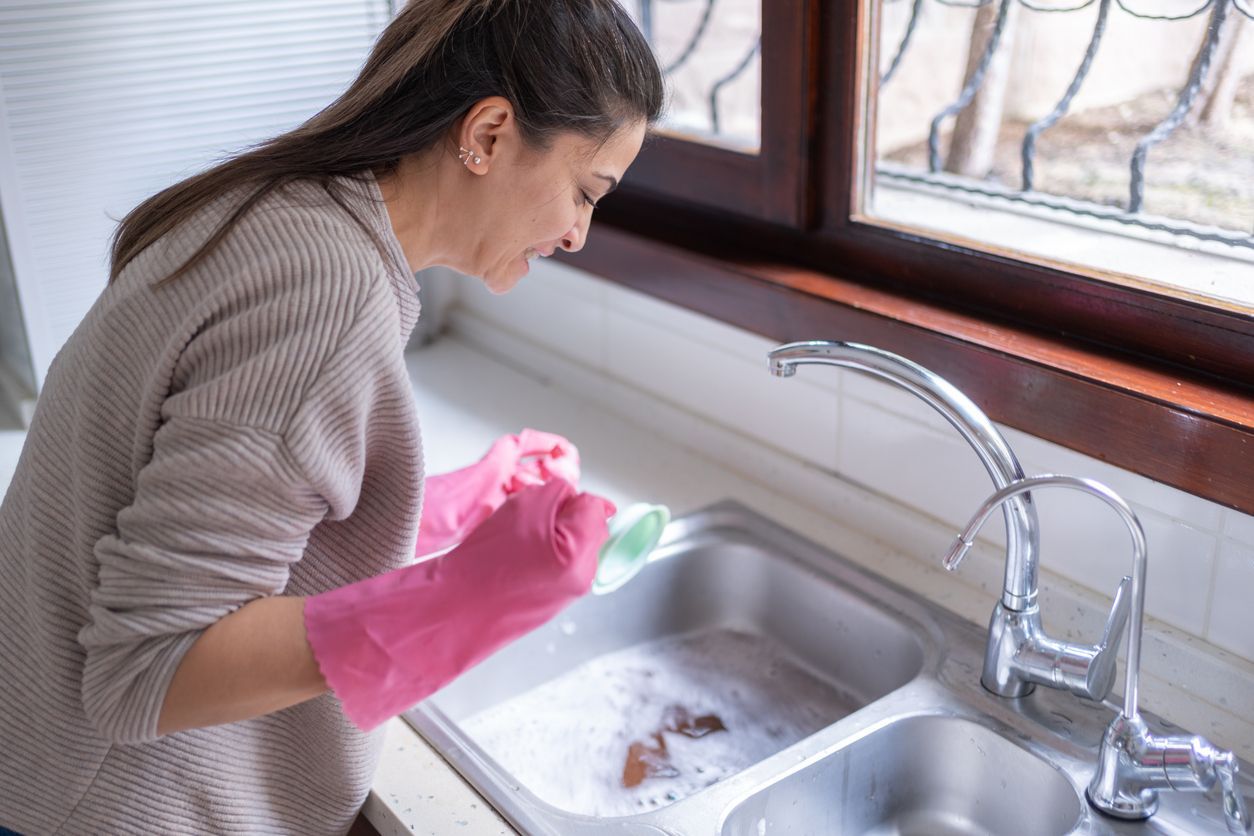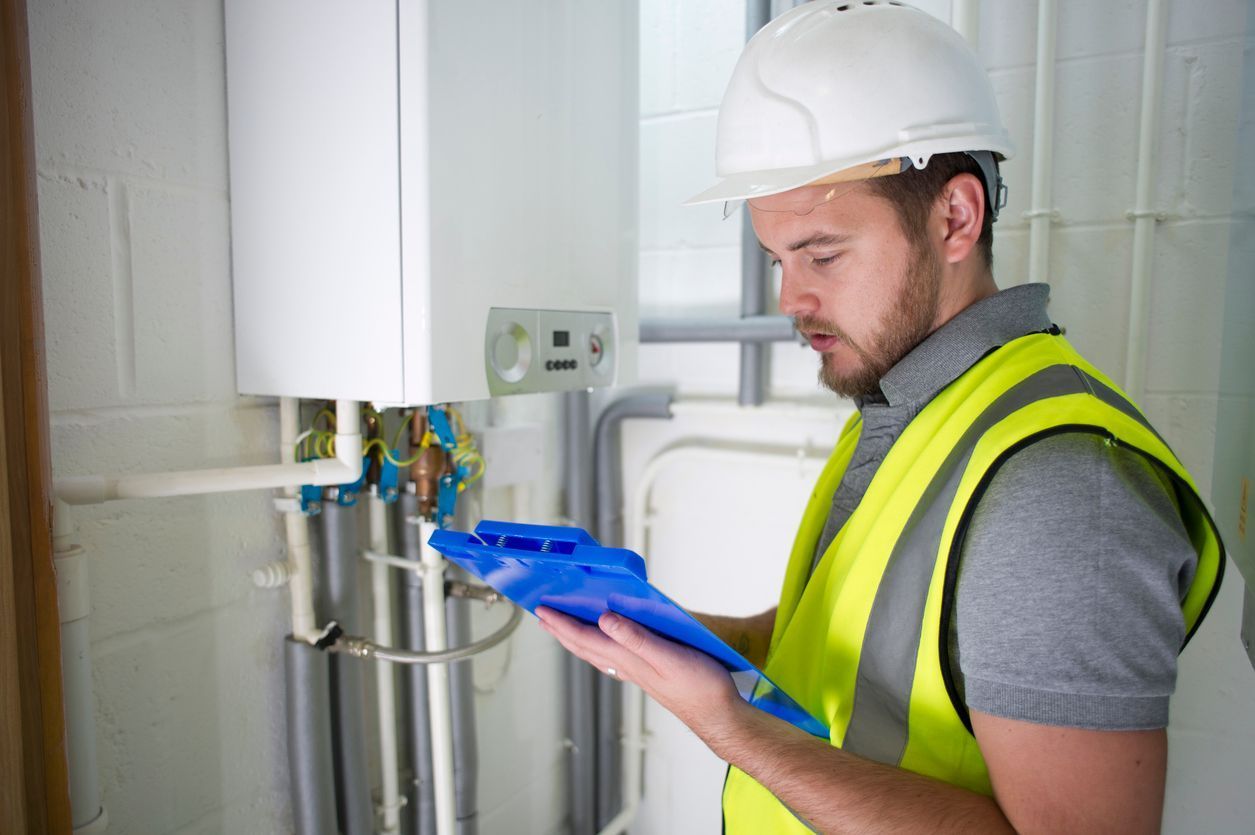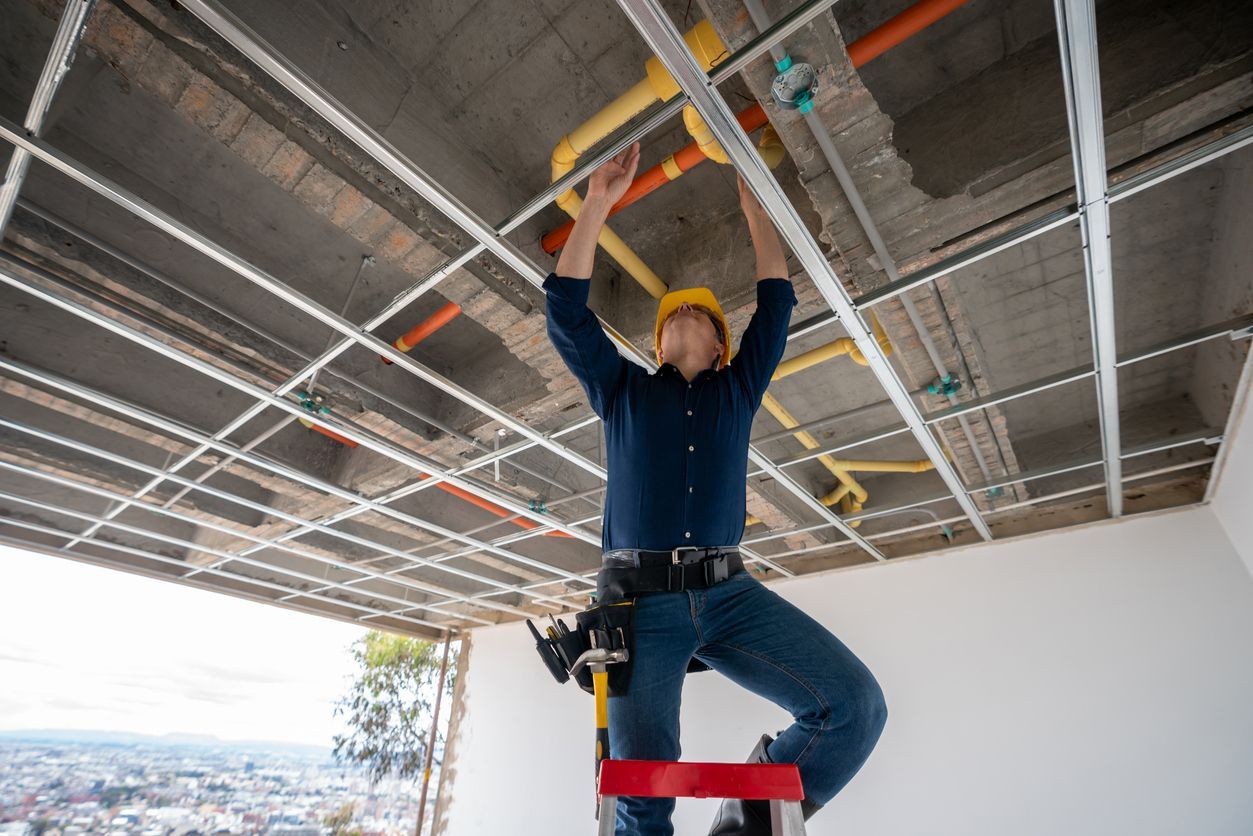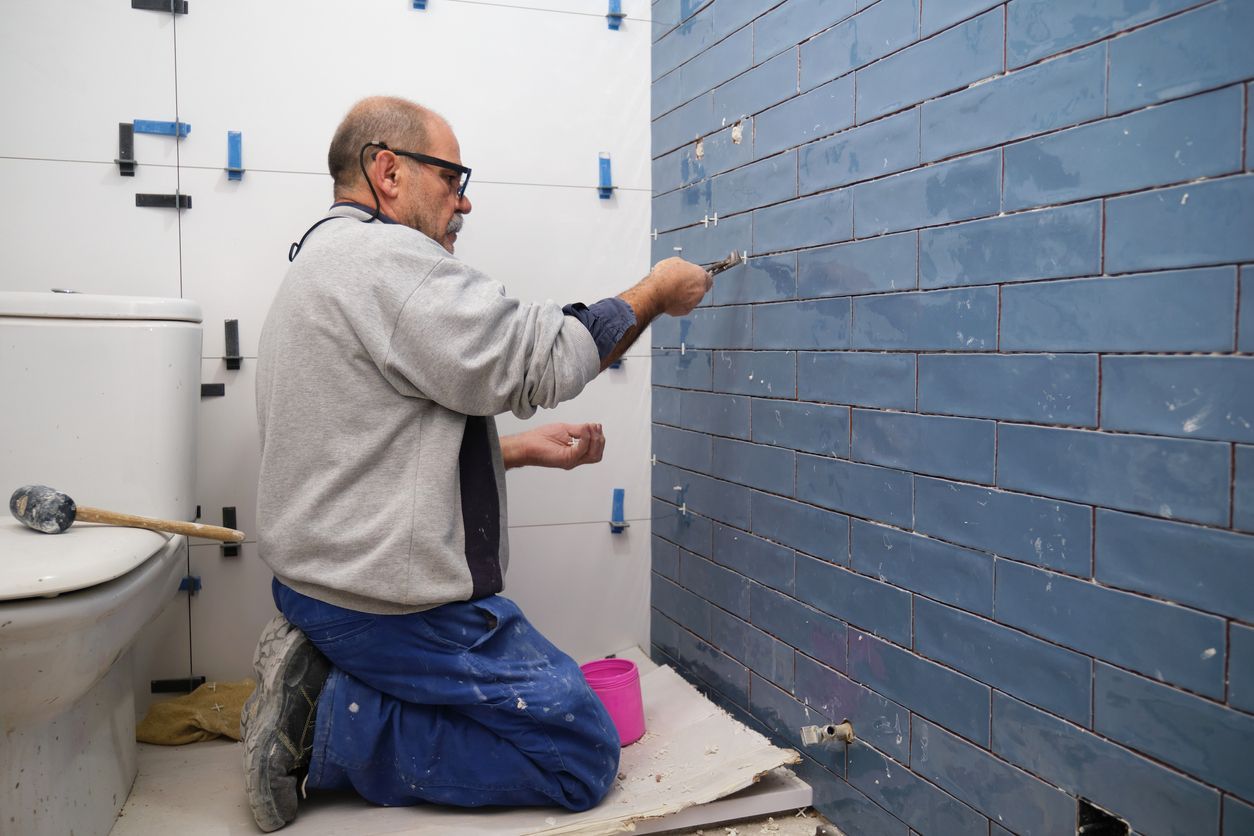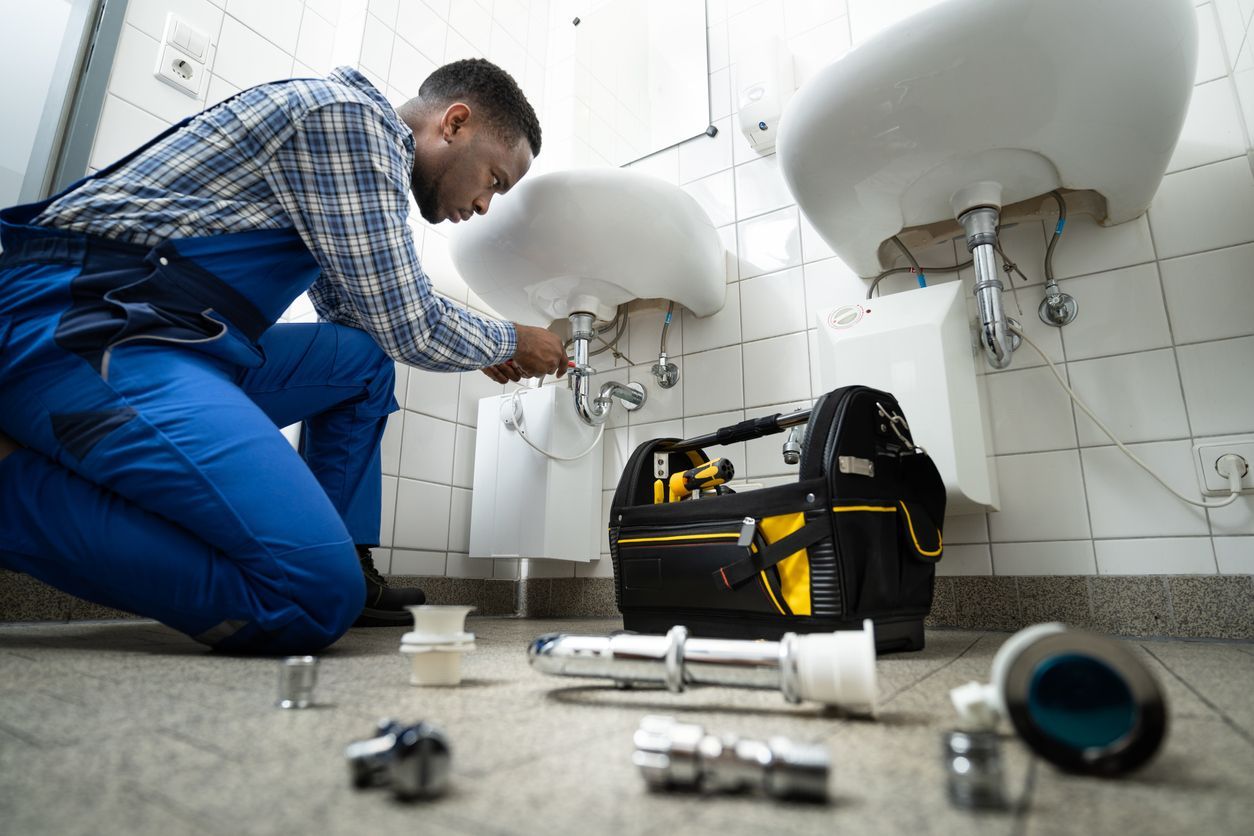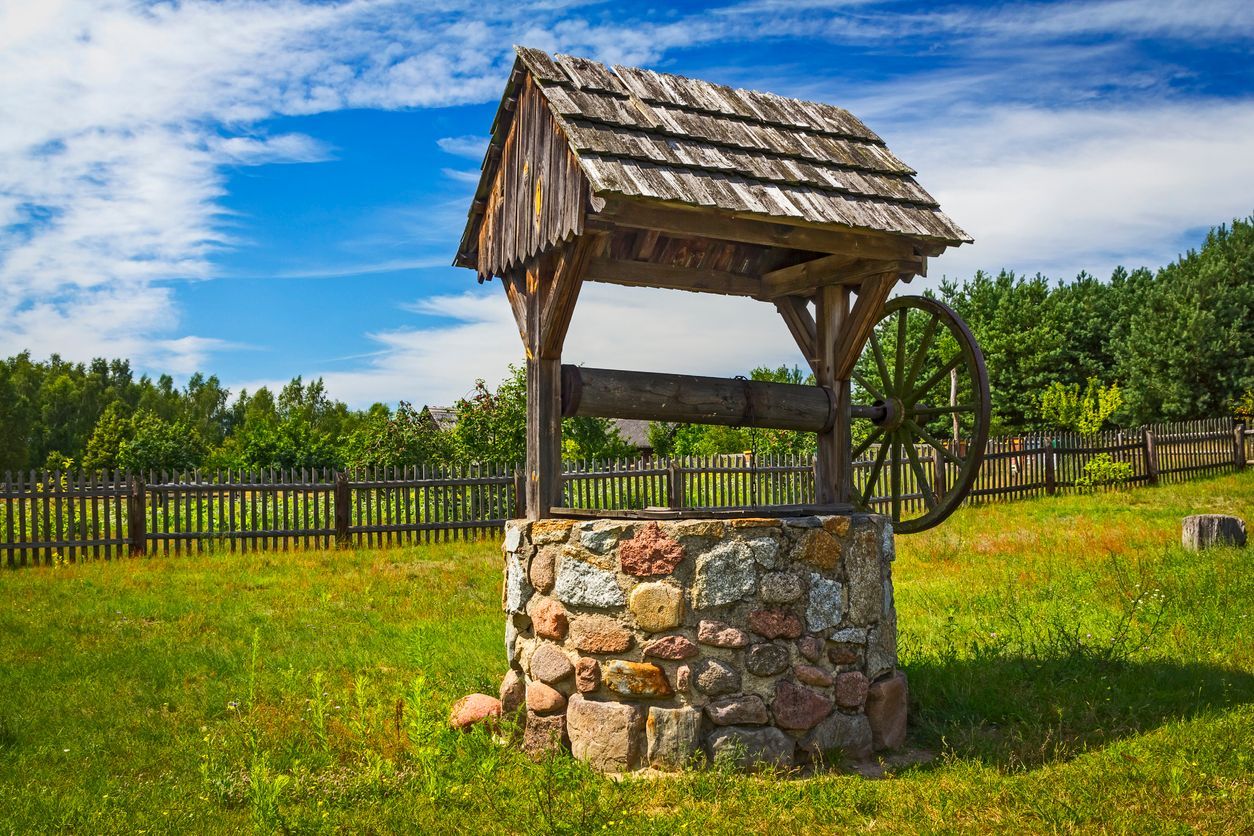The Pros and Cons of Owning Your Own Water Well
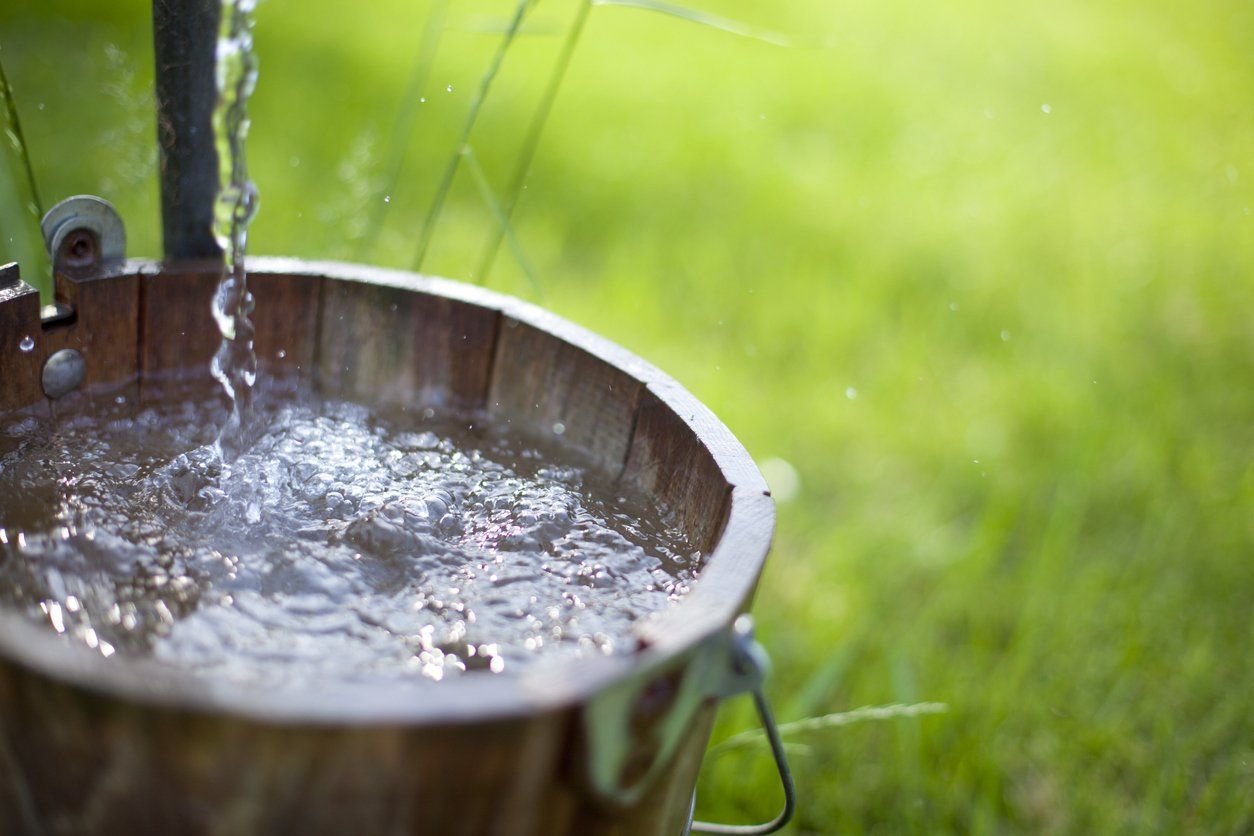
Every homeowner must decide whether they want to use water supplied by the city, have a private well, or both. The decision is easy if you live far from the city since setting up your own well is the only option, or if you reside within or close to the city where all water is supplied by the municipal. It becomes difficult deciding when you have both options at your disposal. Well, below are the pros and cons of owning a well to help choose between one and city water.
Pros of Owning Your Own Water Well
1. Access To Water at Your Own Convenience
You enjoy control over your water and use it for whatever you please, like watering your lawn and hedges without restrictions, especially if you live in places where heavy water-consuming activities are restricted. However, you have to incur the costs of maintaining and fixing any issues with the well.
2. It's Cheaper Than City Water
Although the costs are considerably high during installation, repair, and general maintenance, a personal well is cheaper in the long run. You don't have to worry about monthly bills and other city fees.
3. Well Water is Safer
City water can sometimes get contaminated with sewage, especially during rainstorms. Unlike city and town dwellers who depend on the municipal, you are guaranteed that the water from the well is clean and safe all the time.
4. You Enjoy Fresher Water, Rich in Nutrients and Minerals
Well water comes from underground aquifers. It is cleaner, fresher, and rich in nutrients and minerals that enhance your health. Most city water passes through treatment plants where these nutrients are removed.
5. A Higher Property Value
A well will raise the value of your property, depending on the type and age of the well. You can also use the well water for irrigation and do some farming.
Cons of Owning a Private Water Well
1. Well Water is Usually Hard
Underground water in most regions contains large amounts of dissolved minerals like calcium and magnesium, making it hard. You'll require a water softening system that comes at an additional cost.
2. A Water Well Is Electricity-Dependent
You'll require constant electricity to power the water pump and enjoy water throughout. It is advisable to have generators or solar panels for backups in case the electricity goes out. Alternatively, you can invest in large storage tanks or units.
3. Well Water Is Not Completely Free From Contaminants
Wells can be contaminated with surface or run-off water, chemicals from irrigation, fertilizers, dead animals, septic systems, and radioactive substances such as uranium and arsenic. It is advisable to test and treat the well periodically, maybe once a year, to avoid adverse health implications.
4. You Bear All the Liability
It is your problem if the well runs dry, becomes contaminated, and needs repairs, or treatment, which can be quite expensive. The city or municipal won't help you if you don't have water in your home.
5. Untreated Well Water Can Be Smelly and Cause Staining
Hard water from the well can stain your sinks, tubs, and toilet bowls due to high lime and iron content. You might end up spending a lot replacing this stuff. So, it is advisable to invest in a water softener.
Well water containing large amounts of sulfur can be smelly over time. Water treatment equipment can help you deal with the odor.
The Bottom Line
A private well has its pros and cons. It all goes down to your home location and preference. But there are a few things you need to put in mind about maintaining a private well if you opt for one:
- You must test the water at least once a year –an EPA
- Water treatment and/or softening equipment might be necessary.
- A water pumping system with power matching your home size or needs.
- Always treat the water for contaminants.
- Regular maintenance and repairs.
A well tank is a crucial piece of equipment of your private well, which can break down sometimes. That's why we at N&J Plumbing are always ready to help you with any kind of well tank repairs to make sure you enjoy a constant supply of water.
Please don't hesitate to contact us today for a well tank repair and other quality well-related services.
